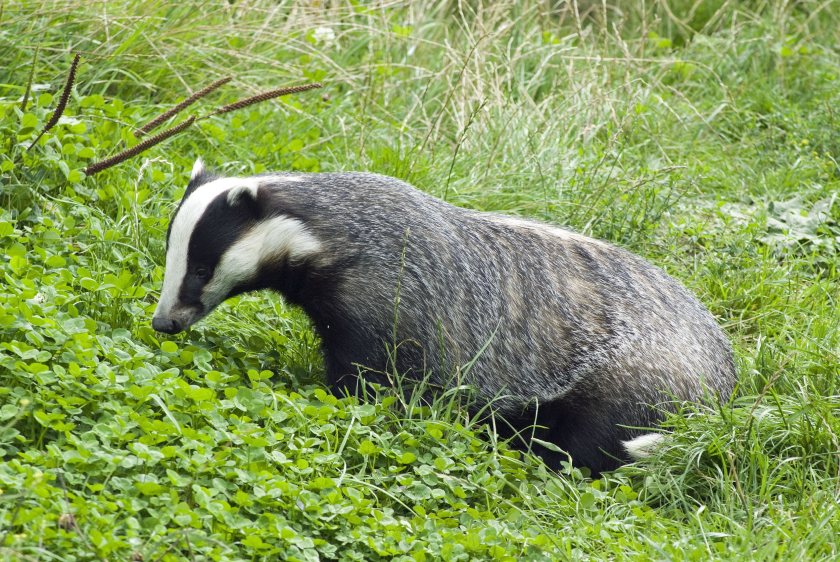
Wildlife campaigners have commenced a legal challenge after Natural England gave the green light to additional badger culling licences.
The 26 supplementary badger cull licences authorise farmers to cull badgers from June to November.
But Badger Trust and Wild Justice argue that the licences were issued "unlawfully to maintain farmer confidence rather than control disease".
Both organisations are being represented by Manchester-based law firm Leigh Day.
In February 2024, Natural England received 26 applications for supplementary badger culling licences, with them granted on 10 May 2024.
However, its director of science concluded in April that, following four years of previous culls, alternatives such as a vaccine meant that there was no requirement for further culling.
Despite this advice commissioned from its own scientists, in May Natural England opted to issue the supplementary licences spanning from 1 June to 30 November.
Wild Justice and Badger Trust say this was following advice from Defra officials about the consequences on their relationship with the farming industry if the licences were not granted.
Both wildlife campaigning groups have now applied for judicial review of Natural England’s decision to issue the licences.
Mark Avery from Wild Justice said: “The previous Conservative government leant on Natural England to approve these licences.
"Why would the new Labour government, which offered 'change' in its election manifesto, be prepared to defend that action in the courts?
"Not only is it not 'change', it's spending taxpayers' money on the previous government's flawed decisions.”
Leigh Day’s Ricardo Gama added: “Our clients hope to persuade the court that the decision to overlook this advice in favour of maintaining relationships with the farming community was unlawful.”
